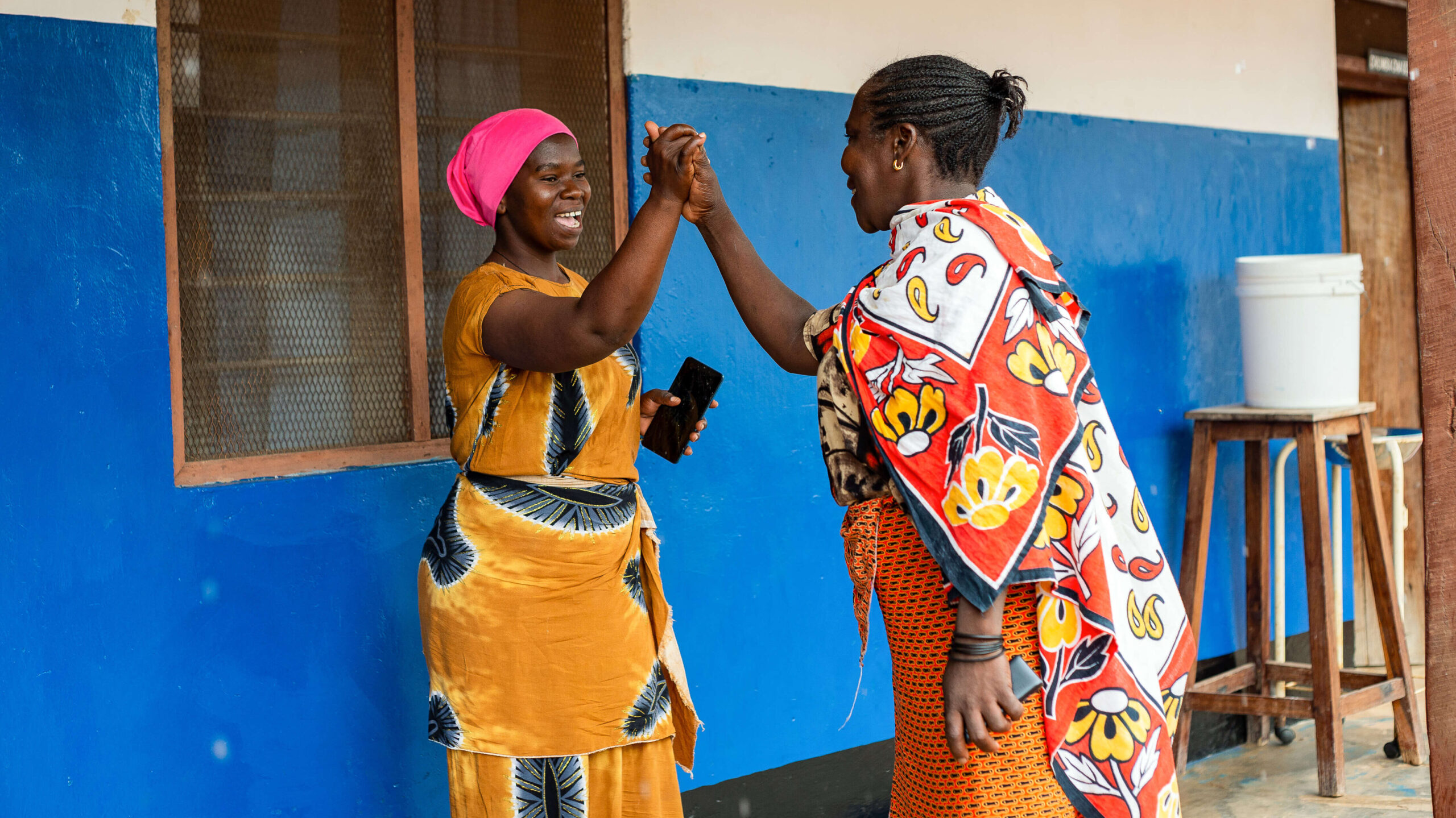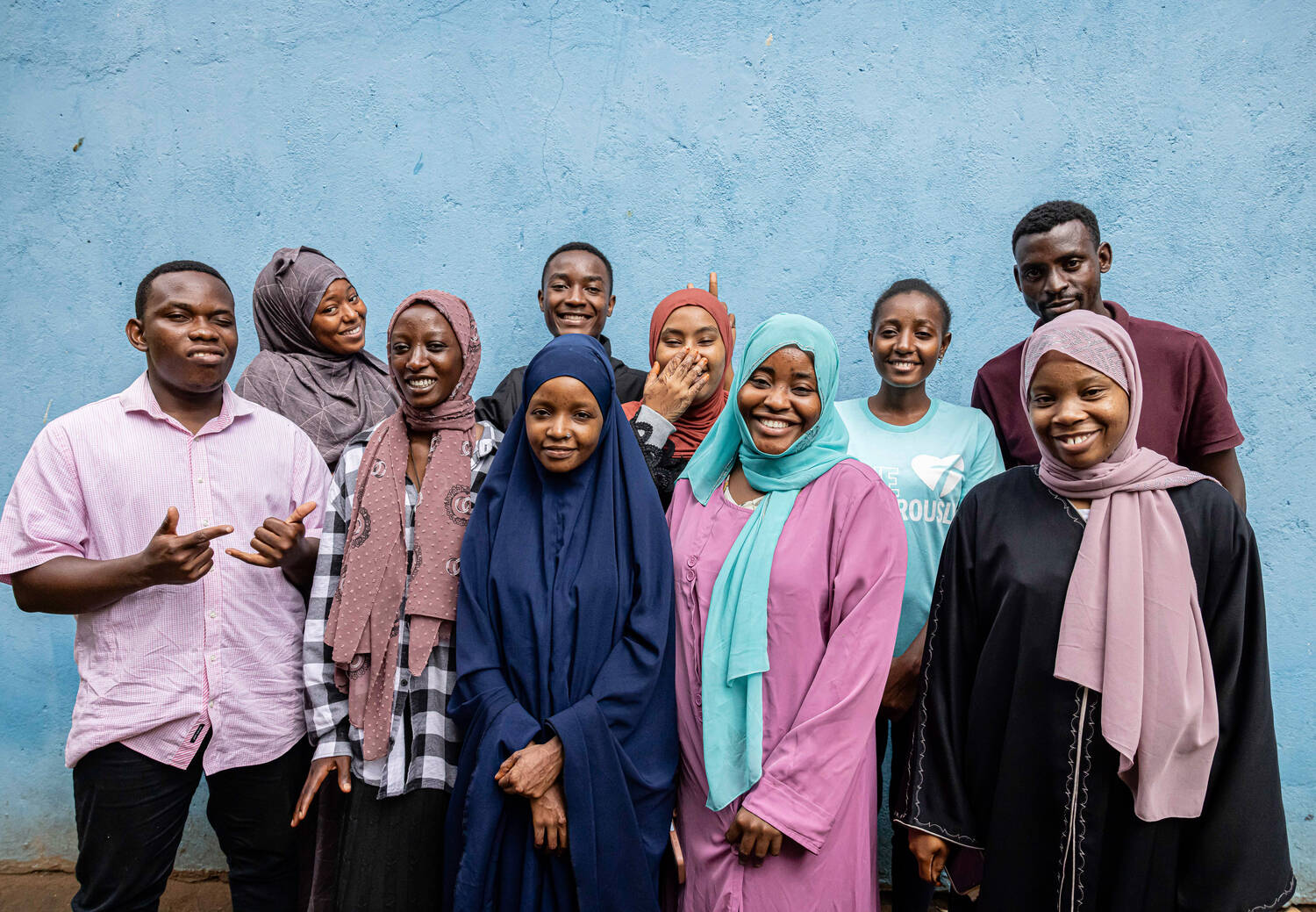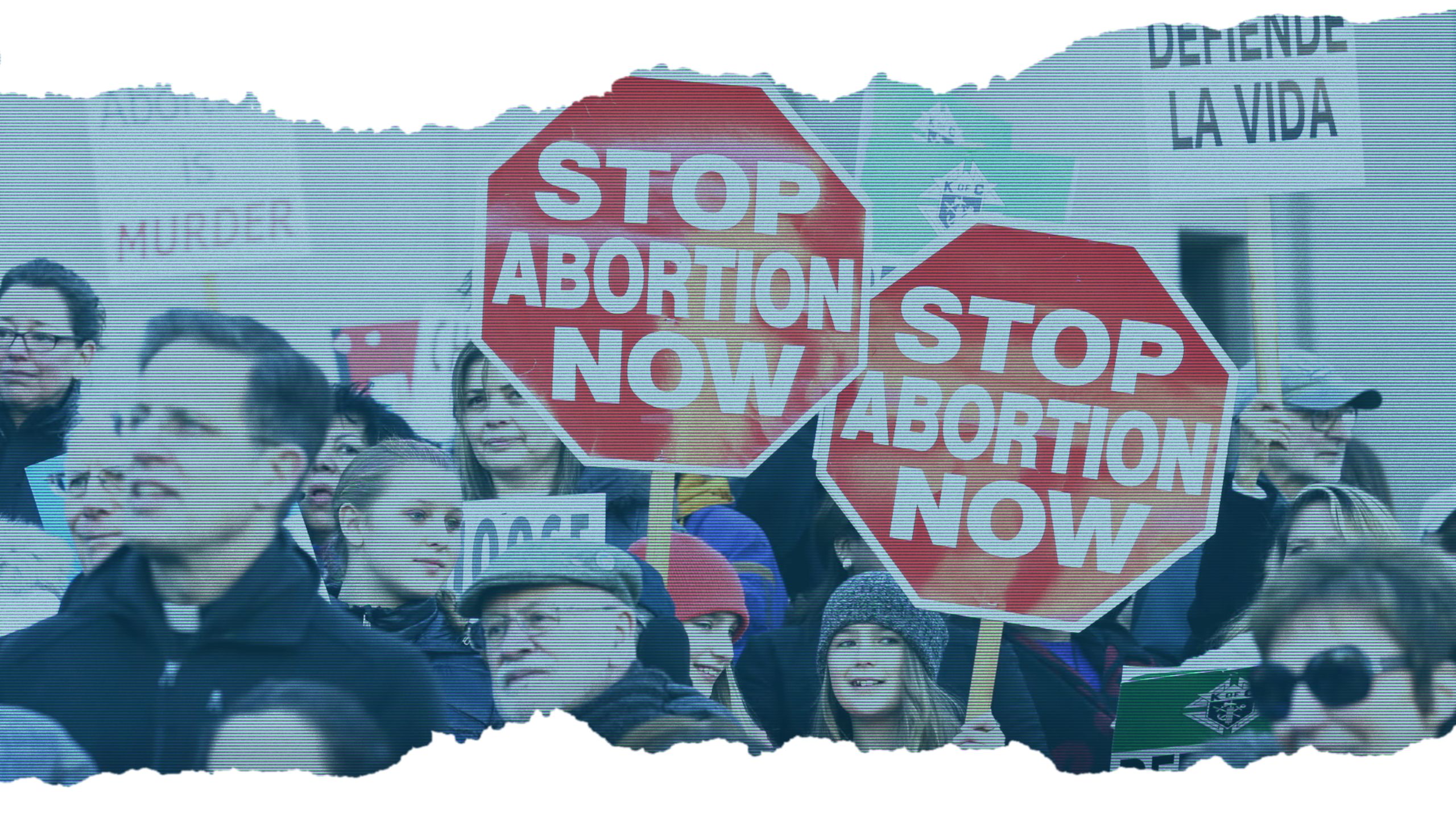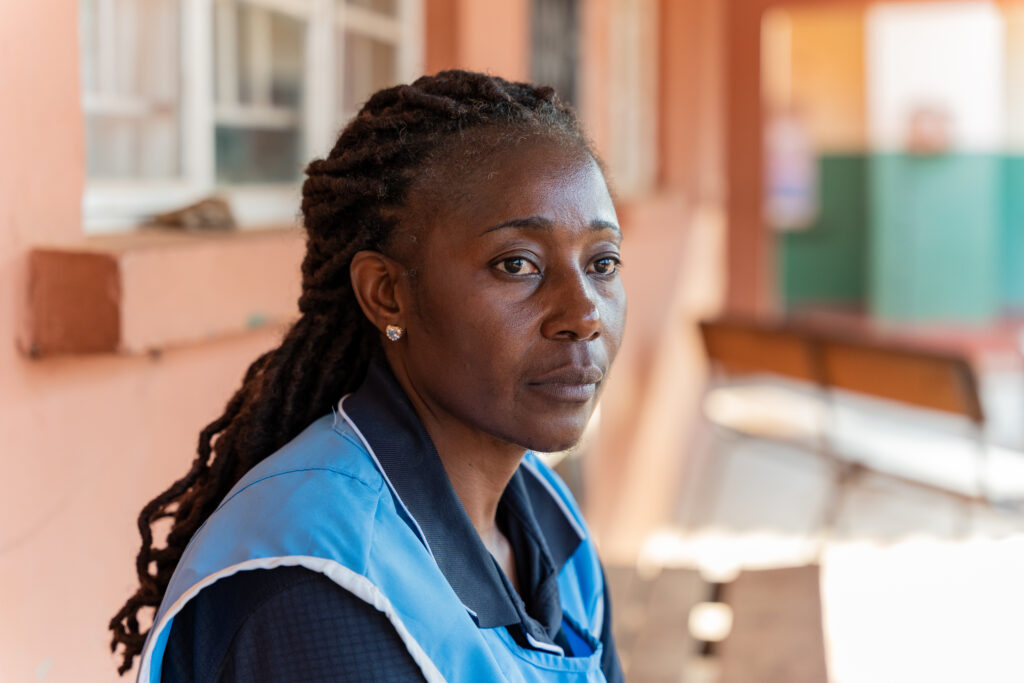
Frontline sexual and reproductive health and rights (SRHR) workers provide life-changing and life-saving services to millions of people every day. They also face a unique level of abuse, stigma, aggression and hostility because of their work. In the USA alone, at least 11 SRHR providers have been murdered since 1990, with 41 bombings and 173 arson attacks against clinics since 1977.
These issues are systemic across the world. At MSI, our team members have reported being targeted with physical and verbal abuse, feeling isolated from friends and family, and facing intimidation and prosecution from the police due to confusion and misinterpretation about what national laws allow.
To address this culture of hostility, in 2022 MSI were delighted to join other healthcare bodies and advocates to create and launch The Defend the Defenders of SRHR Consortium.
Together, The International Federation of Gynecology and Obstetrics (FIGO), the International Confederation of Midwives (ICM), MSI Reproductive Choices, Ipas and the International Planned Parenthood Federation (IPPF) are raising awareness of the discrimination, stigma, threats, and attacks facing frontline workers and strengthening human rights protections for those defending sexual and reproductive health and rights.
MSI recently hosted a virtual panel discussion to shine a light on these challenges and the steps we are taking as a community to better protect and support providers.
The session featured Kate Gilmore (Chairperson, IPPF), Justyna Wydrzyńska (Abortion without Borders, Poland), Lisa Maracani (Research and Policy Advisor, Human Rights Defenders Programme, Amnesty International), Sanou Gning (Senior Country Director, MSI Africa) and Patrick Djemo (Country Director, MSI DRC).
Kate Gilmore from IPPF commented:
“Those working on the frontlines of SRHR make it clear: more must be done to protect them. We must anticipate the risks, help prepare colleagues for that, demand accountability of those who are culpable, and insist that the rights of all our colleagues to work without fear be respected. Being unsafe is no price to pay for delivering essential healthcare.”
Lisa Maracani from Amnesty International commented:
“Those defending abortion rights are under attack all over the world. They face stigmatisation, physical and verbal attacks, intimidation and threats, and are criminalised through unjust prosecutions, investigations and arrests. We urge organisations and states from around the world to act on their duty to create a safe environment for the defenders of these vital rights.”
Justyna Wydrzyńska from Abortion without Borders, said:
“I know first-hand the difficulties that people can face for just trying to support women to take control of their bodies. But we will never stop what we’re doing. We will keep fighting for everyone to have access to sexual and reproductive healthcare and we need to be given effective protection to do so.”
Read more below on some on the key topics discussed.
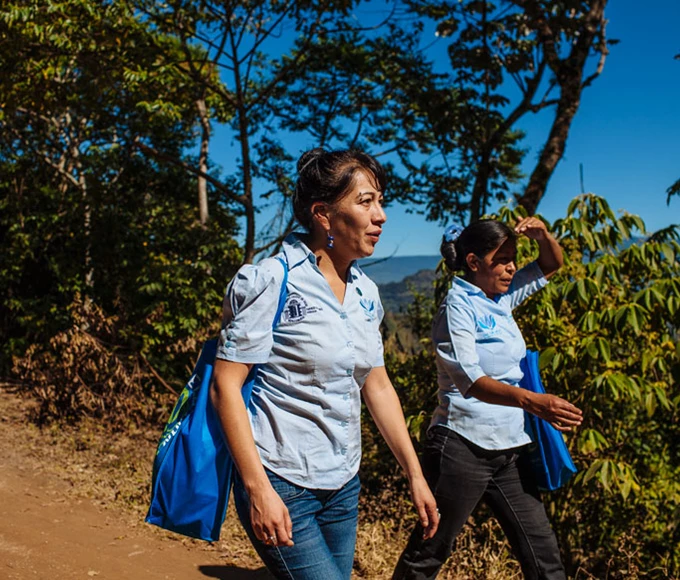
Facing daily stigma
Those working in sexual and reproductive healthcare often face hostilities from their community on a daily basis. Due to stigma, many of our providers are afraid to tell their own families that they work at MSI. It can be a heavy weight to bear, with many unable to share their daily struggles and successes with their loved ones for fear of judgment, or even ostracisation. In one example, shared by Sanou Gning, the husband of an MSI team member threatened to end his marriage after finding out where she worked.
The panellists shared experiences of police aggression and wrongful imprisonment. For example, in DRC, one of our providers was arrested when police discovered that she had provided an abortion to a young woman in their community. Despite this abortion being legal, the police detained the provider for 48 hours. Her case was eventually dropped but the damage had been done. Her name had been made public and she experienced verbal abuse as a result. Despite this traumatising experience, she continues to provide essential abortion care.
In communities and countries where abortion is heavily restricted, and the authorities are hostile and restrictive of SRHR, the penalty for supporting women’s rights can be even higher. After sharing abortion pills with her friend, Justyna Wydrzyńska was sentenced to eight months’ community service. Yet she continues to fight for the right of women to make decisions about their own bodies through her work at Abortion without Borders.
Amnesty International‘s report ‘An unstoppable movement: A global call to recognise and protect those who defend the right to abortion’ is based on interviews with 48 other frontline SRHR workers who have faced similar hostility.
Supporting frontline team members
At MSI, we have found that one of the best ways to support frontline team members is through our Provider Share Workshop sessions, with many reporting they find it easier to share their emotions, difficulties and concerns with others who can relate to their experiences.
We also aim to create a pro-choice support system and network around team members, including legal and psychological assistance.
More needs to be done
No-one should have to face abuse, intimidation or harm for providing essential healthcare.
The Consortium is calling on our own organisations, other SRHR employers, governments, and donors to ensure that there are measures in place to protect those working on the frontline to defend our rights, as well as appropriate remedial and legal responses when providers are subjected to harm.
You can read the full Call to Action from The Defend the Defenders of SRHR Consortium in the British Medical Journal here.
At MSI, we commit ourselves to protecting our providers and human rights defenders around the world.






